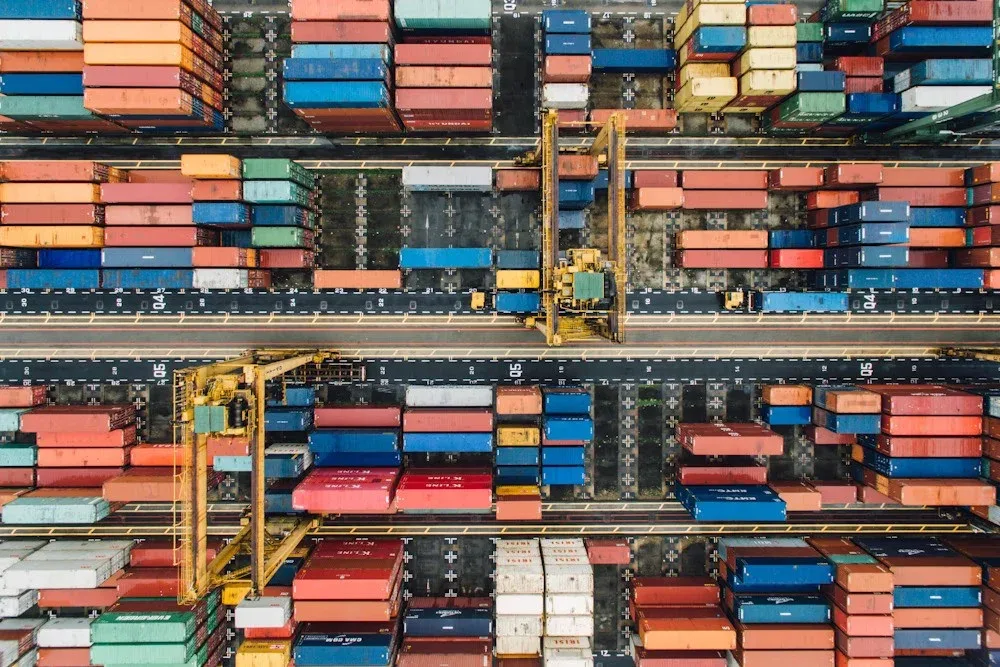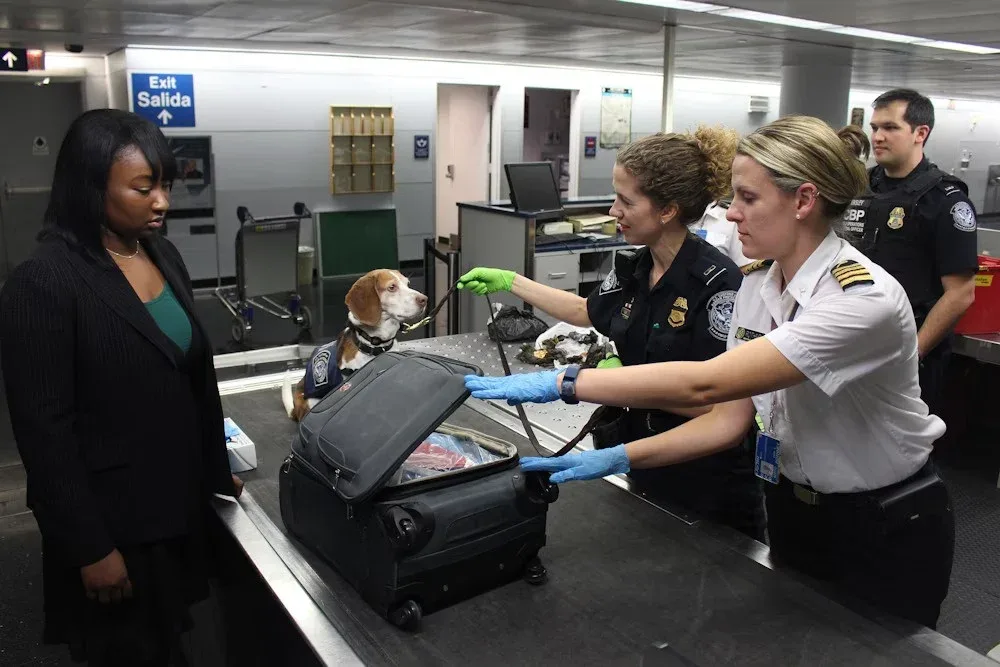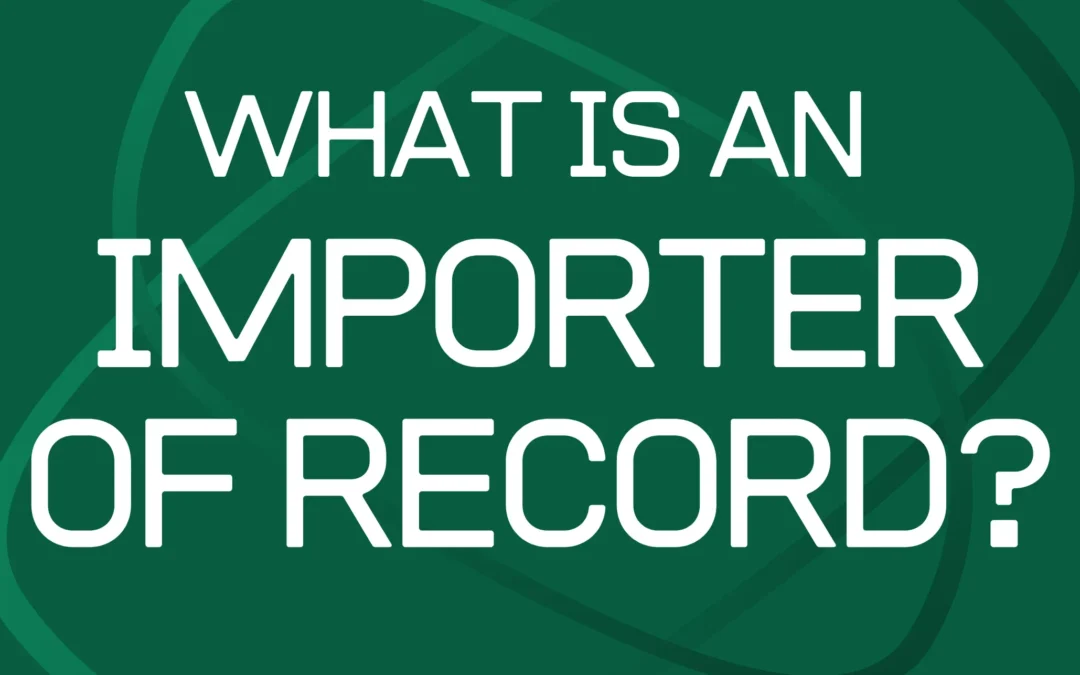In the realm of international trade, the role of an importer of record (ior) is pivotal, ensuring that all necessary documentation for customs clearance is accurately completed and in compliance with the laws and regulations of the importing country. This entity or individual takes on the responsibility of navigating through trade compliance, managing the intricacies of import and export, and ensuring smooth logistics and global supply chain operations.
IOR services are essential for businesses engaged in international trade, providing expertise in freight forwarding, understanding import duties, and offering solutions for efficient global logistics. Knowing the IOR meaning, its differentiation from an exporter of record (EOR) and customs broker, and how it contributes to streamlined IOR shipping processes is crucial for businesses looking to expand their operations internationally.
Understanding the Role of an Importer of Record (IOR)
Importer of Record (IOR) typically involves coordination across several departments or functional areas within an organization to ensure smooth and compliant importation of goods. Here are the key departments or functions that are typically involved in the IOR’s job:
- Logistics and Supply Chain Management: This department handles the physical transportation of goods from the supplier to the destination country. They work closely with carriers, freight forwarders, and warehouses to ensure timely delivery and proper handling of shipments.
- Procurement: The procurement department is responsible for sourcing goods from suppliers and negotiating contracts. They provide necessary information to the IOR regarding suppliers, purchase orders, and invoices.
- Legal and Compliance: This department ensures the importation process complies with all relevant laws, regulations, and international trade agreements. It also guides customs regulations, import licenses, tariffs, and trade sanctions.
- Finance and Accounting: This department handles financial aspects related to importation, including calculating and managing import duties, taxes, and fees. It also ensures that payments to customs authorities are accurate and timely.
- Customs Brokerage or Compliance Services: Some organizations work with customs brokers or compliance service providers to facilitate the customs clearance process. These entities assist with preparing customs documentation, submitting declarations, and liaising with customs authorities on behalf of the IOR.
- IT and Systems Support: IT departments support electronic data interchange (EDI) systems for transmitting import documentation to customs authorities. They ensure that systems are secure, compliant with regulatory requirements, and capable of handling import-related data efficiently.
- Operations and Warehouse Management: Operations teams manage inventory and storage of imported goods upon arrival in the destination country. They coordinate with customs authorities for physical inspections and ensure compliance with import regulations regarding storing and handling goods.
- Customer Service and Sales: These departments may interact with customers or clients regarding imported goods, providing information on delivery timelines, import duties, and any additional costs associated with importation.

Importer Of Record Responsibilities
The responsibilities of an Importer of Record (IOR) can vary depending on the specific requirements of the importing country and the nature of the goods being imported. However, generally speaking, the responsibilities of an IOR typically include:
- Compliance with Import Regulations: Ensuring all imported goods comply with the destination country’s laws, regulations, and standards. This includes customs regulations, import duties, taxes, permits, licenses, and any other requirements specified by local authorities.
- Documentation and Record Keeping: Preparing and maintaining accurate documentation related to the importation process. This includes commercial invoices, packing lists, certificates of origin, import licenses or permits, and any other relevant documents customs authorities require.
- Customs Declarations: Complete and correct declarations must be submitted to customs authorities. This involves accurately describing the imported goods, their value, quantity, and classification according to the Harmonized System (HS) codes.
- Payment of Duties and Taxes: Calculating, reporting, and paying import duties, taxes, and fees to customs authorities promptly. This may include managing duties based on the tariff classification and valuation of goods.
- Communication and Coordination: Liaising with suppliers, freight forwarders, customs brokers, and other relevant parties to ensure smooth transportation, clearance, and delivery of imported goods. Effective communication is crucial for resolving any issues arising during the importation process.
- Risk Management: Identifying and mitigating risks associated with importation, such as compliance risks, delays in customs clearance, potential fines or penalties for non-compliance, and supply chain disruptions.
- Quality Control and Inspection: Ensuring that imported goods meet quality standards and specifications specified by the importing country. This may involve coordinating inspections, testing, or certification processes as required.
- Reporting and Compliance Monitoring: Providing reports and documentation as customs authorities or other regulatory bodies require. Monitoring changes in import regulations and ensuring ongoing compliance with applicable laws.
- Legal Responsibilities: Accepting legal responsibility as the Importer of Record for all aspects of the importation process, including liabilities related to customs declarations, duties paid, and compliance with import regulations.
- Continuous Improvement: Seeking opportunities to improve import processes, reduce costs, and enhance efficiency while maintaining compliance with import regulations and meeting business objectives.
Read More About Importer Of Record Responsibilities
Who Can Act As The Importer Of Record?
There are different requirements for companies that can act as the IOR in various countries. Research can help you identify a duty-payer
licensed in your country. But in most cases, the consignee or an entity acts as the IOR. In complex transactions that involve suppliers, distributors, and end-users, appointing an entity as the IOR helps to save time and money. IOR entities understand the border protection CBP procedures and adhere to them so there is no time wasted.
Some of the major international shipping companies also play the role of importer of record in ensuring compliance with the payment of duties, customs bonds, and entry documents.
IOR Africa is a licensed importer of record entity that aims to provide logistics for the fast delivery of imports and exports. They mainly deal with IT equipment imports. There are many reasons why IOR Africa is a leading IOR service provider, as highlighted below:
- The company has a global coverage to import products into Africa.
- Offers competitive prices to their clients
- Provides low-risk and timely delivery of goods
- Experts handling international trade procedures.
- Assists in getting a national or international license where it is an import requirement.

Choosing the Right Importer of Record
Key Factors in Selecting an Importer of Record
Experience and Expertise
Selecting a qualified Importer of Record (IOR) is crucial for ensuring compliance with the laws and regulations of the destination country. An experienced IOR, like Mouse and Bear, can greatly streamline your global supply chain by ensuring first-time customs clearance and minimizing risks. It is essential to choose an IOR with a proven track record in handling complex import compliance issues, as companies like TecEx demonstrate by ensuring on-time delivery and adherence to regulations.
Global Presence and Local Knowledge
The geographical coverage and presence of an IOR are vital. An IOR with a local entity and office in the destination country is more likely to understand local regulations and customs, and have established relationships with local authorities. This local presence ensures direct accountability and more efficient handling of customs clearance and legal entity representation.
Customized Solutions and Technology
Every business has unique needs, and it is important to select an IOR that offers tailored solutions to meet specific operational requirements. Additionally, the integration of technology in trade management can significantly enhance the efficiency of the import process. A comprehensive online platform for tracking shipments, accessing documents, and receiving updates is invaluable.
Regulatory Compliance and Financial Handling
Ensure that regulatory compliance is a primary function of the IOR. Choose an IOR with extensive experience and a strong commitment to compliance in over 70 countries. Financial responsibilities are also a key consideration; the IOR should handle all aspects of financial transactions related to imports, including the settlement of duties and taxes and managing any potential refunds or exemptions.
Risk Management and Customer Support
Effective risk management and contingency planning are essential for maintaining business continuity during emergencies, such as natural disasters or political unrest. Additionally, clear communication channels and responsive customer service from the IOR are crucial for timely updates and resolving any issues that may arise during the import process.
Consideration of Costs and Value
While cost is an important factor, it should not be the sole criterion for choosing an IOR. The value attached to the IOR’s services, including insurance and liability coverage, should also be considered. Comprehensive insurance that protects goods against damage or loss and liability coverage in case of damages or losses caused by the provider’s actions or omissions are important factors.
By carefully evaluating these factors, businesses can select the right Importer of Record that aligns with their international trade objectives and ensures a smooth and compliant import process.
What is IOR in shipping?
The Importer of Record (IOR) in shipping refers to the entity or individual responsible for ensuring that imported goods comply with the laws and regulations of the destination country. The Importer of Record assumes legal liability for the imported goods and is accountable for payment of any duties, taxes, or fines related to the import. This role is crucial in facilitating the smooth movement of goods across international borders.
Importer of Record meaning is significant as it denotes the party officially recognized as the importer by customs authorities. Importer and exporter licensing are essential aspects of IOR, as they determine the authorization and compliance requirements for individuals or entities involved in import and export activities. These licenses are pivotal in ensuring that importers and exporters adhere to the regulations and standards set forth by the relevant authorities, thereby promoting lawful and secure international trade.
Conclusion
Navigating the complexities of international trade and customs regulations is no small feat, which underscores the indispensable role of the Importer of Record (IOR). Through their legal, financial, and compliance duties, IORs greatly ease the burden of international logistics, making them a cornerstone of successful global commerce. The contrast between IORs and customs brokers, as well as between IORs and Exporters of Record (EOR), elucidates the unique and vital position IORs occupy in ensuring seamless cross-border transactions, optimal compliance, and the strategic management of supply chains.
Given the critical importance of IORs in global trade, businesses seeking to expand their operations internationally would greatly benefit from specialized IOR services. These services not only provide the necessary expertise in handling the intricacies of imports and exports but also offer peace of mind by navigating the maze of regulations and compliance issues that vary from one country to another. Encourage your business to start our IOR Service for international trade, ensuring a smoother, more compliant, and more efficient entry into new markets. With our comprehensive understanding and handling of IOR responsibilities, your business is well-positioned to thrive in the global marketplace.


Recent Comments